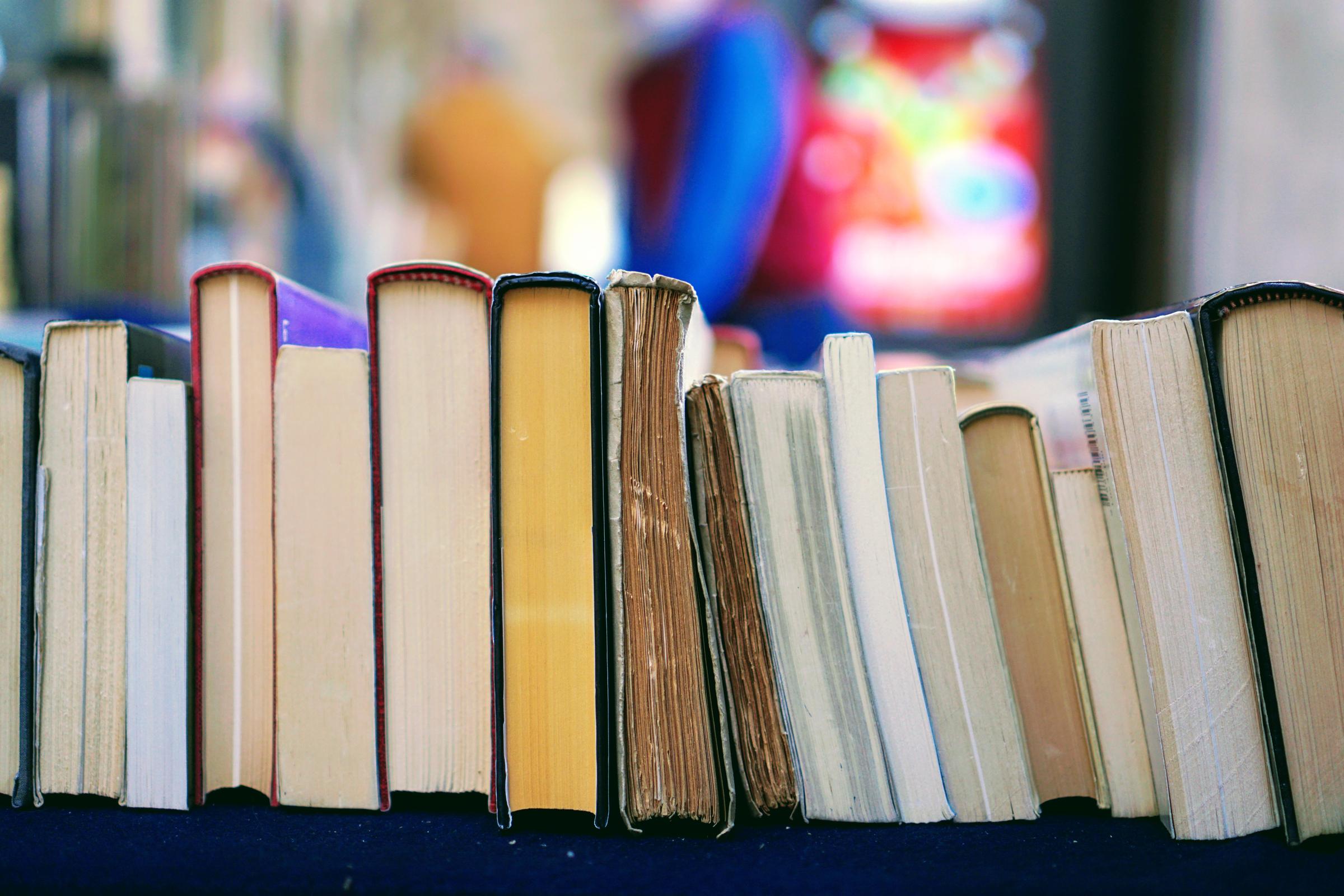Reading Seeds

Dear Murrumbeena Families
What Does 'Science of Reading' Mean for Parents?
You may have heard of the term ‘the science of reading.’ But what does it actually mean, and what parents can do to make the most of this process?
Often, we worry that our child is not reading much or that what they are doing is not effective. As you understand these basics, you’ll be better equipped to help your child succeed.
What is the Science of Reading?
It refers to the research examining what leads to skilled reading, and how to assess and effectively teach reading. The study is constantly being added to by a host of experts from multiple disciplines including literacy, cognitive neuroscience, education, and linguistics.
The goal of the collective focus is to develop evidence-based best practices for teaching and learning literacy skills.
According to the science of reading, for students to succeed, they need explicit instruction with a systematic way of teaching, focusing on the following main components of reading:
- Oral language
- Phonics
- Phonemic Awareness
- Fluency
- Vocabulary
- Reading comprehension
From the perspective of neuroscience, the science of reading helps us understand the cognitive processes readers need for skilled reading, such as attention, auditory and visual processing, working memory, and others.
A few key points of the science of reading that parents need to know:
- Unlike speech, learning to read is not a natural process, but can be acquired.
- Daily reading aloud to your child from birth to the end of primary school helps them improve their reading.
- Background knowledge (life experience) is vital to a child’s understanding of what they read.
- Instruction in reading needs to be explicit which is necessary for most children.
- Reading problems will not correct themselves.
- Paper text is far more beneficial than device text.
- Ensuring your child reads every day for at least 20 minutes will help them succeed.
- The Simple View of Reading- Decoding (breaking new words apart) x Language Comprehension = Reading.
Enjoy your week,
Maureen Delane
Learning Specialist
